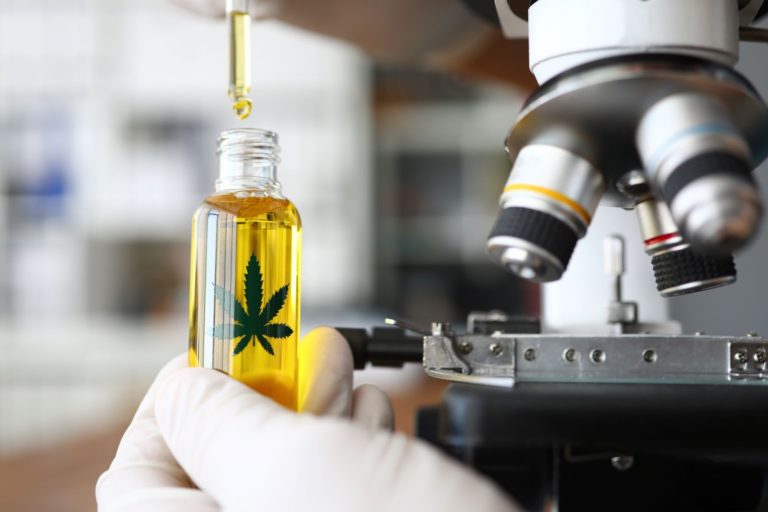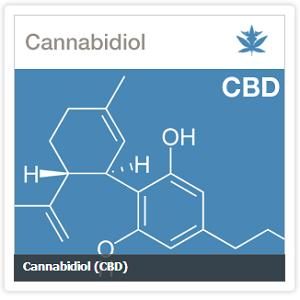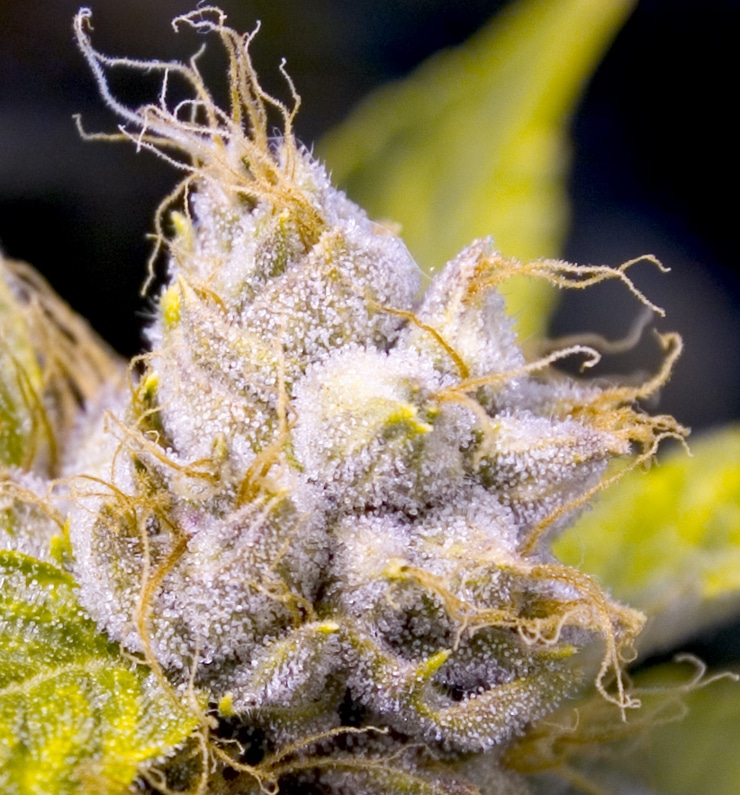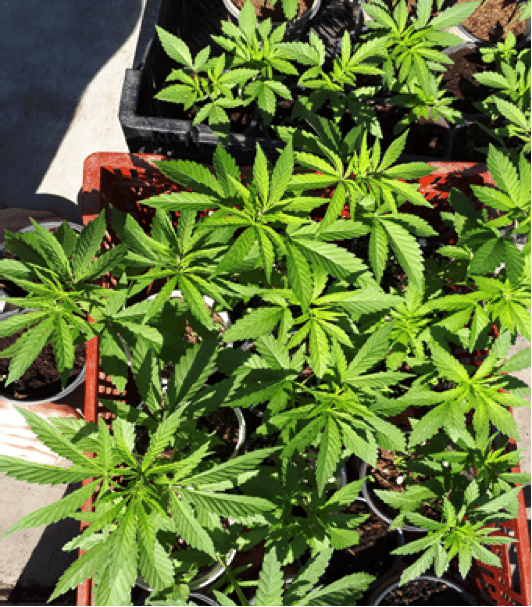 by Paul Armentano, NORML Deputy Director
by Paul Armentano, NORML Deputy Director
Three quarters of medical cannabis consumers report using it as a substitute for prescription drugs, alcohol, or some other illicit substance, according to survey data published in the journal Addiction Research and Theory.
An international team of investigators from Canada and the United States assessed the subjective impact of marijuana on the use of licit and illicit substances via self-report in a cohort of 404 medical cannabis patients recruited from four dispensaries in British Columbia, Canada.
Researchers reported that subjects frequently substituted cannabis for other substances, including conventional pharmaceuticals. Authors reported:
“Over 41 percent state that they use cannabis as a substitute for alcohol (n=158), 36.1 percent use cannabis as a substitute for illicit substances (n=137), and 67.8 percent use cannabis as a substitute for prescription drugs (n=259). The three main reasons cited for cannabis-related substitution are ‘less withdrawal’ (67.7 percent), ‘fewer side-effects’ (60.4 percent), and ‘better symptom management’ suggesting that many patients may have already identified cannabis as an effective and potentially safer adjunct or alternative to their prescription drug regimen.”
Overall, 75.5 percent (n=305) of respondents said that they substitute cannabis for at least one other substance. Men were more likely than women to report substituting cannabis for alcohol or illicit drugs.
Authors concluded: “While some studies have found that a small percentage of the general population that uses cannabis may develop a dependence on this substance, a growing body of research on cannabis-related substitution suggests that for many patients cannabis is not only an effective medicine, but also a potential exit drug to problematic substance use. Given the credible biological, social and psychological mechanisms behind these results, and the associated potential to decrease personal suffering and the personal and social costs associated with addiction, further research appears to be justified on both economic and ethical grounds. Clinical trials with those who have had poor outcomes with conventional psychological or pharmacological addiction therapies could be a good starting point to further our under- standing of cannabis-based substitution effect.”
Previous studies have similarly demonstrated cannabis’ potential efficacy as an exit drug. A 2010 study published in the Harm Reduction Journal reported that cannabis-using adults enrolled in substance abuse treatment programs fared equally or better than nonusers in various outcome categories, including treatment completion. A 2009 study reported that 40 percent of subjects attending a California medical cannabis dispensary reported using marijuana as a substitute for alcohol, and 26 percent used it to replace their former use of more potent illegal drugs. A separate 2009 study published in the American Journal on Addictions reported that moderate cannabis use and improved retention in naltrexone treatment among opiate-dependent subjects in a New York state inpatient detoxification program.
Full text of the study, “Cannabis as a substitute for alcohol and other drugs: A dispensary-based survey of substitution effect in Canadian medical cannabis patients,” appears online in Addiction Research and Theory. NORML Advisory Board Member Mitch Earleywine is a co-author of this study.







